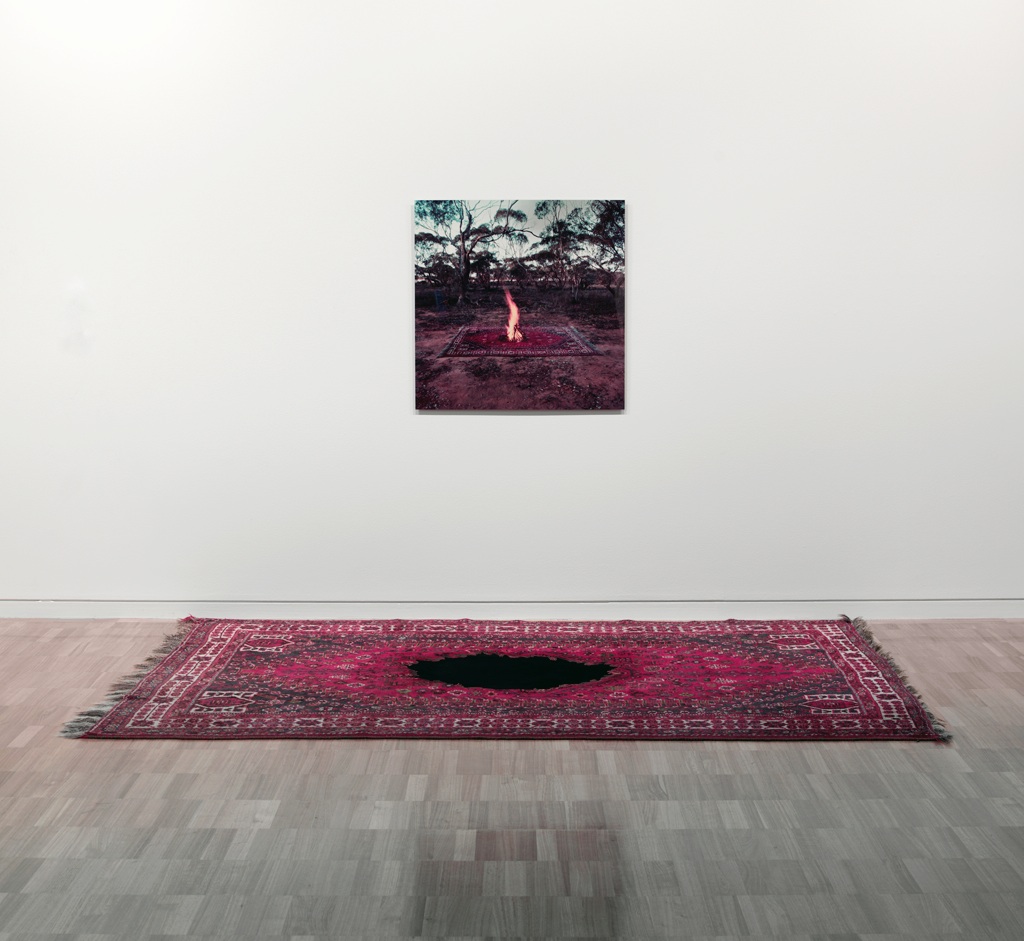"Why raise them to die so young?": The Aesthetics of Fatalism in The Tall Man
Keywords:
Chloe Hooper, literary journalism, creative non-fiction, The Tall Man, fatalism, victim, Palm Island, colonialism, frontier violence, dispossessionAbstract
Chloe Hooper’s The Tall Man (2008) covers the circumstances surrounding the death in custody of Palm Island man Moordinyi. It has been praised for avoiding the codes of reporting that frame Indigenous Australians negatively, such as violent threats to the social order. In the mode of book-length literary journalism, Hooper places the events surrounding Moordinyi’s death within a broader context of dispossession and colonial violence. A stated aim of literary journalism is to engage ‘Other subjectivities’ in order to achieve a deeper understanding of perspective that cannot be accommodated in the typical news cycle. If this is so, it is important to identify how the indigenous subject position has been constituted in this text. Using tools of framing analysis, this paper will illustrate how another typical and negative frame organises the text. The Tall Man deploys a ‘fatalist’ frame which tends to position indigenous people as ill-destined victims. Given the text’s ‘literary’ credentials, which carry with them a degree of cultural authority, it is important to consciously draw out these elements which reinforce a sense of hopelessness, and which tend to mirror the kinds of unequal social relations which the text itself sets out to challenge.Downloads
Issue
Section
Articles
License
The copyright for articles in this journal is retained by the author(s), with first publication rights granted to the journal. By virtue of their appearance in this open access journal, articles are free to use with proper attribution in educational and other non-commercial sectors.Attribution-NonCommercial-ShareAlike 2.1 Australia
This work is licensed under the Creative Commons Attribution-NonCommercial-ShareAlike 2.1 Australia License. To view a copy of this license, visit http://creativecommons.org/licenses/by-nc-sa/2.1/au/ or send a letter to Creative Commons, 543 Howard Street, 5th Floor, San Francisco, California, 94105, USA.
How to Cite
"Why raise them to die so young?": The Aesthetics of Fatalism in The Tall Man. (2014). Journal of the Association for the Study of Australian Literature, 14(3). https://openjournals.test.library.sydney.edu.au/JASAL/article/view/10265

